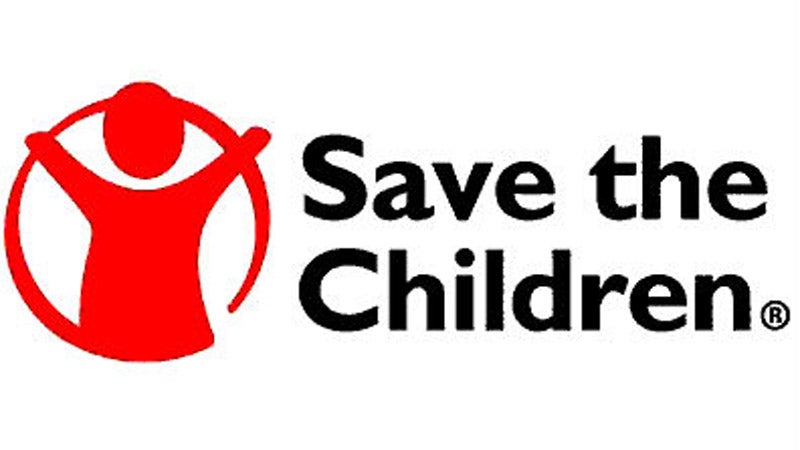The coronavirus and kids: 10 family learning activities
Published 11:13 am Saturday, March 28, 2020
|
Getting your Trinity Audio player ready...
|
Learning can happen anytime – even when schools are closed. Here are 10 fun family activities you can do with your children to keep little minds growing!
Bring a Book to Life: Draw pictures of your children’s favorite book characters and cut them out to make puppets. Use the puppets to act out a scene together. Bringing the story to life through dramatic play and retelling the story themselves helps children better understand character development and the storytelling process.
Create a Word Jar: While reading, new words are exciting for children! As you come across new words, write them down on a piece of paper and then flip to a children’s dictionary to write their definition on the other side. Collect these new vocabulary words in a Word Jar. At dinner, pick new words and make sentences out loud together. Build on this activity by drawing pictures depicting the new word to extend learning.
Fun with Family History: Did Grandpa fight in a World War? Was Grandma born in a different country or state than you? Write a story together about an important event in your family’s history. Illustrate your story and fasten it together into a book for the family library. Knowing where you came from is important to gain a strong sense of identity.
Let Your Child Be the Storyteller: Ask your child to tell you a story. It can be a new story or an old one with new twists or characters. Write down what your child says. Read it back to your child. Save the story to read it again. Let your child’s imagination inspire you to come up with your own adult stories to write down and share later.
Wake Up, Word Up: Letter of the Day Over breakfast, work together to choose a letter of the day. Everyone looks for objects that begin with that letter during the day. You may see this letter everywhere! Or, you may only notice it in a few places (yeah, we’re looking at you, X!) Talk about all the things your family observed that day and marvel at the world around you.
Shape Up with Dinner Geometry Shapes: are everywhere, even on your dinner plate. Look at your dinner table and name all the shapes you see as a way to practice shape recognition. See who can identify the most!
Who’s Important to You? Tell or write a story about an important adult in your life. Ask your child to do the same. Share your stories out loud and see if you can identify common characteristics. This is a nice way to have a conversation about all the important people in your lives.
Get Cooking: Bring math into the kitchen and include the whole family when preparing a recipe. Practice measuring out ingredients using different sizes of measuring cups. How many scoops does it take to make one cup? How many cups? How would you prepare the recipe for 24 guests?
Mary Had a Little Rhyme: Learn a popular lullaby from another culture or recite nursery rhymes you know by heart. Encourage your toddler to sing them with you. You can even change around the words to make songs about your family! Nursery rhymes are important to the process of learning and early language skills.
Thoughtful TV Talk: Watch a TV show together as a family. Afterward, ask your child what part he or she liked the best and why. Offer your own opinions, too. Share about the shows you watched growing up and how they are similar and different to what you experienced together. Talking about TV shows can help family members understand the experiences of others and build a stronger bond.
For more tips, visit savethechildren.org/coronavirus. You’re not alone.





